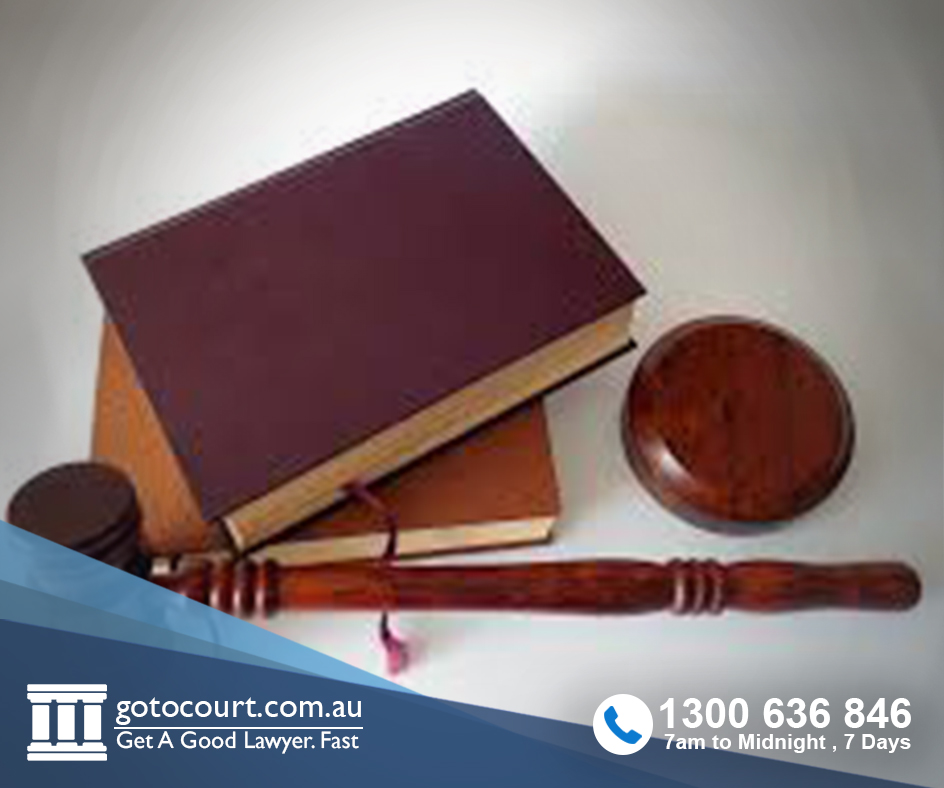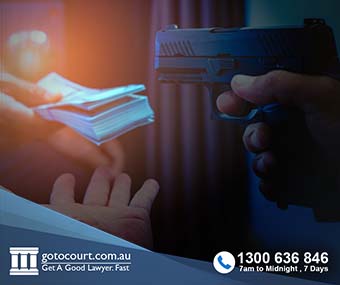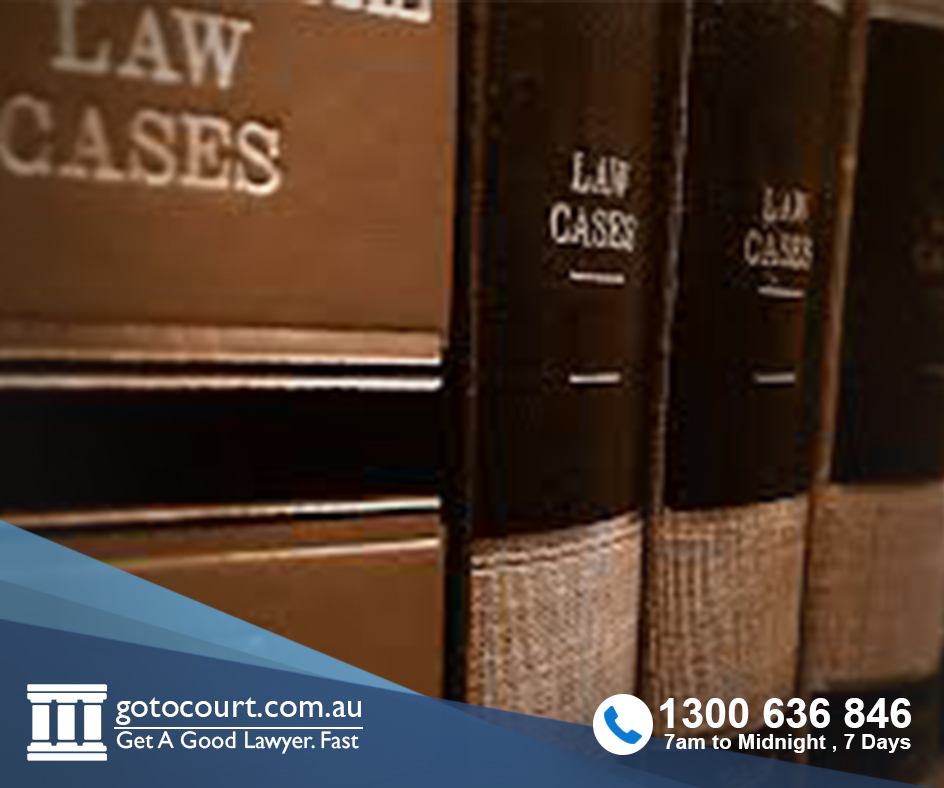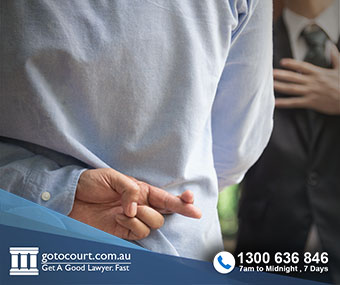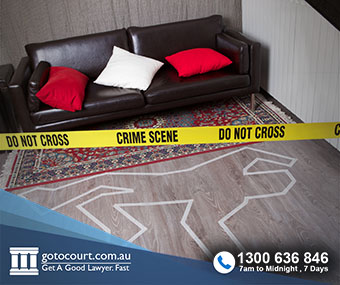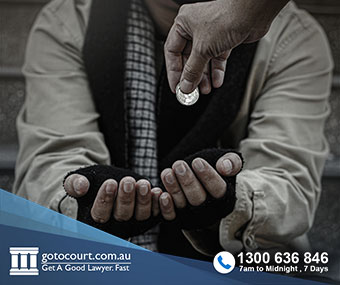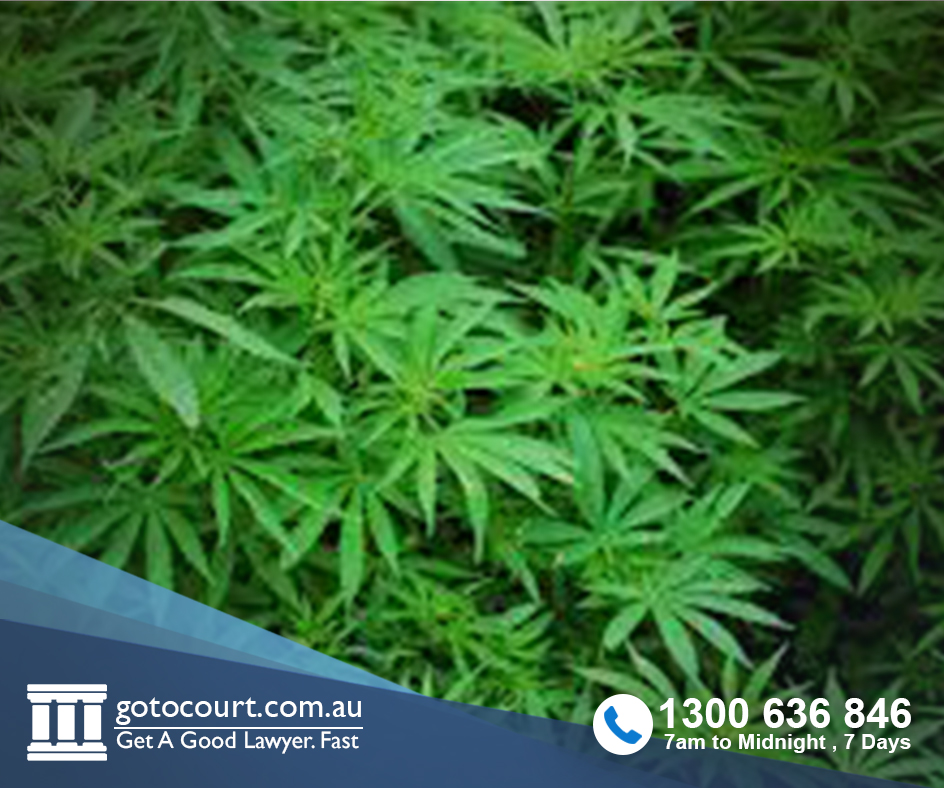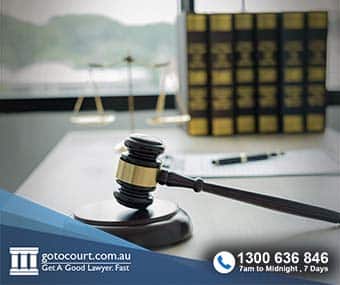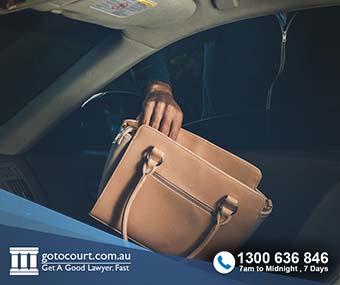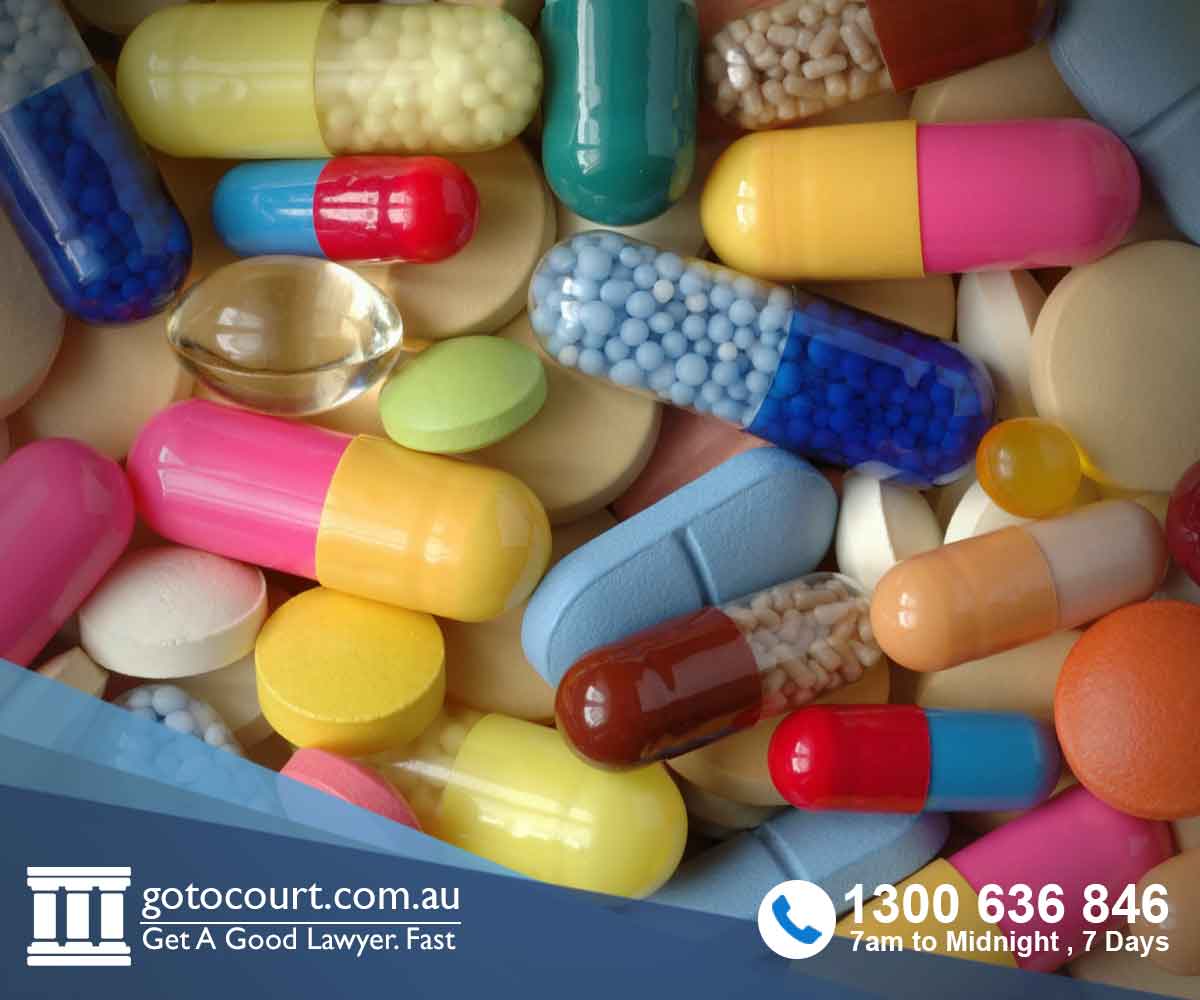Call our lawyers
now
or,
have our lawyers
call you
Assault Offences in Queensland
Updated on Oct 25, 2022 • 5 min read • 1327 views • Copy Link
Assault Offences in Queensland
Assault charges in Queensland are dealt with under Part 5 of the Criminal Code 1899. The elements required to prove an assault charge vary depending on the offence. The maximum penalties an assault charge can attract vary depending on the circumstances of the offence and the extent of harm inflicted. This article deals with assault offences in Queensland.
Legislation
The primary assault offences are contained in Chapter 30 of the Criminal Code. Section 335 governs common assault; section 340 contains serious assault and section 352 deals with sexual assault.
Definition of assault
Assault is defined in section 245 of the Criminal Code as applying force to another person without their consent or with their consent if it is obtained by fraud or duress. An assault can also consist of a threat to apply force to another person without consent. It is important to note that the application of force includes the application of light, heat, electricity, smell, gas or any substance that will cause injury or personal discomfort.
Common assault
In Queensland, a common assault charge carries a maximum penalty of three years imprisonment and is dealt with in the Magistrates Court (or Children’s Court where the accused is under 18).
A person may be charged with common assault in circumstances where the victim has sustained only minor injuries or no injury at all or where the accused has threatened to assault someone. As an example, people have been charged with common assault for acts such as pointing a toy pistol at a taxi driver and spitting on another person. If you assaulted the person while you were affected by drugs or alcohol and while you were in a public place, the offence is considered aggravated and may result in a community service order in addition to a term of imprisonment.
Assault occasioning bodily harm
Assault occasioning bodily harm occurs where the person assaulted has sustained more serious injuries; that is, the offender has caused them actual bodily harm. Bodily harm is defined in the Criminal Code as any bodily injury that interferes with health or comfort. This offence carries a maximum penalty of seven years imprisonment and is dealt with in either the Magistrates Court or the District Court. However, the penalty may be raised to a maximum of 10 years imprisonment if the person who committed the assault is, or pretends to be, armed with a weapon or is in the company of one or more other persons.
Serious assault
A charge of serious assault in Queensland can occur when a person:
- assaults someone with the intention to also commit another crime
- resists their arrest or detention, or that of someone else, by police
- assaults, resists, or wilfully obstructs a police officer
- assaults a person while they are performing a legal duty
- assaults a person in order to commit an unlawful conspiracy
- assaults someone who is aged 60 or older, or
- assaults a person who is disabled or who relies on a remedial device or guide or assistance dog.
The maximum penalty for serious assault in Queensland is seven years imprisonment. However, this penalty may be raised to 14 years imprisonment if the offender bites or spits at a police officer, or in any way applies bodily fluid or faeces to a police officer.
Sexual assault
Sexual assault in Queensland is contained in section 352 of the Crimes Act. This is generally defined as any unwanted sexual or indecent act on another person, but may also include forcing another to perform or witness an indecent act without their consent. The maximum penalty for this type of offence is 10 years imprisonment. However, this sentence may be raised to 14 years imprisonment if the assault includes any oral sexual contact. The maximum penalty is increased to life imprisonment if the offence is committed while in possession of an offensive weapon, or while in company with another person.
Defences
The defences most frequently relied on in in relation to a charge of assault in Queensland are provocation and self-defence. A person may also rely on other legal defences in some circumstances, including immature age, mental impairment and de minimis. A person may also rely on a factual defence such as mistaken identity or advance an alibi.
Provocation
A person may succeed with the defence of provocation if it is proven, among other things, that the accused was provoked into committing the assault and that the provocation deprived them of the power of self-control. If the accused raises evidence of provocation, it is then for the prosecution to prove, beyond reasonable doubt, that provocation does not apply.
Self-defence
An offender may also rely on the defence of self-defence if it is proven, among other things, that the force used was reasonably necessary to defend themselves against an assault and that the force used was not intended or likely to cause death or grievous bodily harm. If death or grievous bodily harm was caused by the use of force, the offender must prove that the force was necessary as the nature of the assault against them caused a reasonable apprehension of death or grievous bodily harm. Once the defence of self-defence has been raised, the prosecution bears the onus of satisfying the court beyond a reasonable doubt that the defence does not apply.
If you require legal advice or representation in any legal matter, please contact Go To Court Lawyers.

Affordable Lawyers
Our Go To Court Lawyers will assist you in all areas of law. We specialise in providing legal advice urgently – at the time when you need it most. If you need a lawyer right now, today, we can help you – no matter where you are in Australia.How It Works







1. You speak directly to a lawyer
When you call the Go To Court Legal Hotline, you will be connected directly to a lawyer, every time.


2. Get your legal situation assessed
We determine the best way forward in your legal matter, free of charge. If you want to go ahead and book a face-to-face appointment, we will connect you with a specialist in your local area.


3. We arrange everything as needed
If you want to go ahead and book a fact-to-face appointment, we will connect you with a specialist in your local area no matter where you are and even at very short notice.



